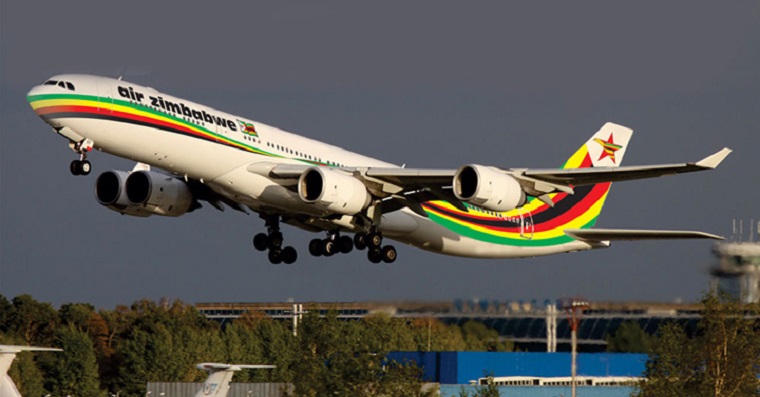Air Zimbabwe also plans to sell off idle assets – from planes to spares – to help raise money for new equipment.
“Air Zimbabwe has tabled a proposal for the disposal of redundant and obsolete equipment which includes aircraft and spare parts for equipment which is no longer in service. The disposal is expected to raise the much needed funds for recapitalisation and procurement of additional equipment,” said the airline.
In November last year, a month after placing the company under administration, government floated a tender for a new investor in the airline, an almost impossible ask given the company’s $380 million debt and its bad reputation for flight delays and chaotic scheduling.
In its statement yesterday, Air Zimbabwe said the bulk of that debt is to “government and government related institutions hence the urgent need for an assumption of this debt and a reconfiguration of the balance sheet. This will allow the company to service the remaining debt owed to private companies and individuals as well as meet its current operational expenses”.
If Air Zimbabwe gets its way, this would be only the latest parastatal burden thrown on the taxpayer. Most recently, government assumed Ziscosteel’s $500million debt, while TelOne recently said government is to pick up its US$383 million legacy debt.
Across the region, governments are having to relook how they manage their loss-making airlines. Mozambique in February had to guarantee part of the US$77 million debt owed by the national airline, LAM, to State entities.
In Angola, President João Lourenço demanded a “more detailed study” of national airline TAAG’s recovery plan, cancelling a deal to buy 15 new planes from Boeing and Bombardier.
In South Africa, Finance Minister Tito Mboweni has recommended shutting down the loss-making South African Airways completely.
Zambia’s plans to relaunch its national airline, Zambia Airways, have been delayed since 2018. The airline last operated in 1994, and the new airline would be a partnership with Ethiopian Airlines, in which Africa’s largest operator would hold 45%.
Zimbabwe government officials have been trying to court Ethiopian Airways into a similar partnership, without making much headway.
In February, President Emmerson Mnangagwa met Ethiopian Airlines CEO Tewolde Gebremarian in Addis Ababa. The airline has US$18 million stuck in Zimbabwe and would be unlikely to have an appetite for more risk.
Ethiopian Airlines has operated and managed Malawi Airlines since 2013. Last year, Ethiopian also started talks to set up joint ventures to operate the airlines of Chad, Djibouti, Equatorial Guinea and Guinea.-NewZwire
(170 VIEWS)


